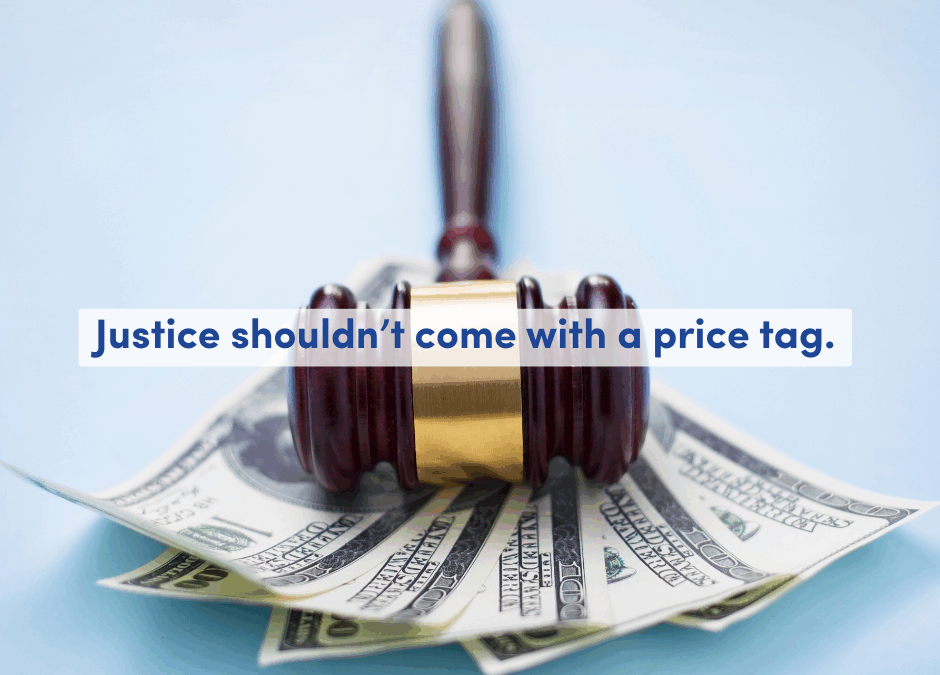Legal Financial Obligations (LFOs) are court-imposed debts that include fines, fees, restitution, and surcharges that come from being involved with the criminal justice system. These financial penalties can arise from something as minor as a traffic ticket or as serious as a felony conviction. While intended to hold individuals accountable, in reality, LFOs often create long-lasting financial burdens that disproportionately impact low-income individuals and communities of color.
In Wisconsin, these burdens are especially harmful. People caught up in this system often find themselves stuck—unable to pay and continually punished for falling behind. Rather than serving justice, LFOs frequently prolong instability and widen inequality.
The History of LFO’s
Consider this: the clerk fee for a criminal case has surged from just $20 in 1983 to $163 today—a staggering 815% increase. A new $20 eFiling fee was added in 2017, and the forfeiture case clerk fee has climbed from $15 to $25. But the true costs go far beyond these line items. Courts also charge for blood draws in OWI cases, attorney and guardian ad litem fees, and even criminal investigation costs—expenses that most people simply cannot afford and that continue to rise year after year.
LFO’s Are a Barrier to Justice
Beyond their financial toll, LFOs often erode trust in the justice system itself. Many people see the courts not as institutions of fairness but as revenue-generating mechanisms. When court involvement leads to mounting debt rather than resolution, it discourages individuals from seeking help, engaging with legal processes, or believing they can ever “clear their name.” This disillusionment compounds the isolation already felt by those navigating poverty, creating a system where justice feels inaccessible and punitive by design.
For many, LFOs are more than just bills. They are barriers. Unpaid LFOs can lead to suspended driver’s licenses, extended probation, wage garnishment, and even incarceration for “willful nonpayment.” And it is important to note that courts are not supposed to jail people simply because they cannot pay. According to the U.S. Supreme Court’s ruling in Bearden v. Georgia, incarceration is only allowed when someone has the ability to pay and willfully refuses. Judges are required to confirm that the person has made a bona fide effort to pay or seek work; however, in practice, that does not always happen.
The debt also extends beyond individuals. Families often bear the emotional and financial burden of a loved one’s court debt. These penalties may keep people from securing stable housing, employment, or even accessing healthcare. The cycle is self-reinforcing: economic instability increases the likelihood of accumulating legal debt, which in turn deepens financial hardship.
LFOs represent more than just court debt—they are part of a larger cycle that keeps people trapped in poverty and cut off from opportunity. When someone is unable to pay, the consequences ripple through their lives and communities, reinforcing inequality and undermining the idea of justice. What’s in someone’s wallet should not determine their access to justice. As long as our legal system treats someone with less financial means differently than someone with more financial means, we cannot call it fair.
To move toward a more just and equitable system, Wisconsin must reform how it uses LFOs. This includes expanding access to waivers and reductions, and ending harmful practices like suspending driver’s licenses for unpaid debt. Eliminating predatory fees and offering non-monetary alternatives, like community service or restorative justice, can help break the cycle of poverty and punishment. Above all, greater transparency and accountability in how court debt is imposed and collected are essential. Justice should not depend on a person’s income, and until we address the inequities built into our system of LFOs, true fairness will remain out of reach. By shining a light on these often-hidden challenges and providing pathways to real solutions, we move closer to a more just and equitable Wisconsin—for everyone.

